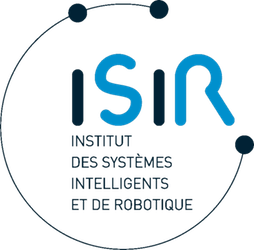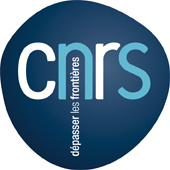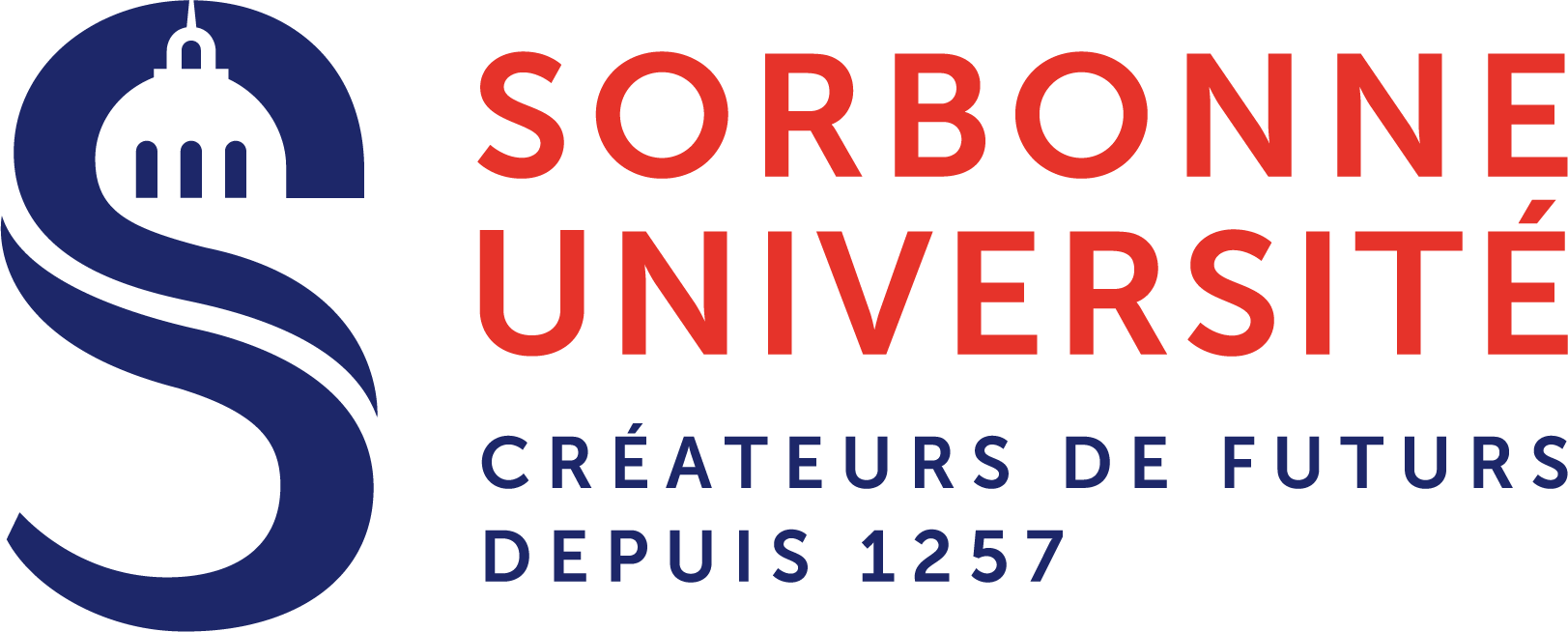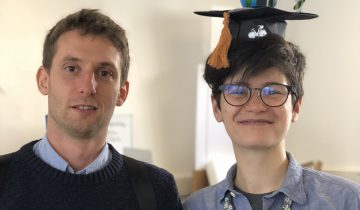When: October 19th, 2018, 9:00 AM
Where: Paris Telecom
Title: Understanding the experiences of schooling of visually impaired children: A French ethnographic and design inquiry.
Jury:
Madeleine Akrich, DR, CSI, Mines ParisTech, CNRS i3, PSL University (rapporteur)
Gilles Bailly, CR CNRS (HDR), Sorbonne Université, ISIR (PhD supervisor)
Annie Gentès, MCF (HDR), CNRS i3, Télécom ParisTech (PhD supervisor)
Ann Heylighen, Professor, KU Leuven (examiner)
Wendy Mackay, DR, INRIA Saclay (rapporteur)
Marine Royer, MCF, University of Nîmes (examiner)
Abstract: In 2005, France passed a law on equal rights and opportunities, participation and citizenship of people with disabilities. It consecrated the right of all children to attend their neighbourhood school and re-organized the provision of services to this population, including the provision of assistive technologies. This research conducted a decade later between 2014 and 2017, investigates visually impaired children’s experiences of schooling and the roles of technologies in supporting their well-being at school.
I developed a mixed-methods interdisciplinary approach, blending qualitative sociological research with Human-Computer Interaction experiments. Specifically, I conducted a two-years-long ethnographic study at a service provider for visually impaired children in the South of France, during which I made several design interventions. This field-work is contextualized by a critical review of the statistics on the schooling of visually impaired children provided by the Ministry of Education.
I use an ecological understanding of resilience to examine children’s narratives about school, across different schooling modalities (e.g., mainstream and special education school) and sociodemographic characteristics. I discuss the resources and strategies children and their carers use to open opportunities for well-being at school, including uses of technologies. I contextualize these by investigating desirable schooling outcomes that define who is resilient and what resilience is for.
From there I propose to develop a non-visual approach to the (geography) curriculum inspired by the sensory turn. By changing what is considered as a valued way of learning, this thesis aims at providing opportunities to develop the sense of belonging and the perception of self-efficacy in the classroom. It informs us on the uses of hearing, smell, taste, and kinesthesia in geography; it supports pupils in reshaping of the learning activities and spaces; Finally, it opens opportunities for collective geographical knowledge rooted in experiences of social inequalities. More broadly, it opens a discussion on building collective well-being and resilience in schools.
Keywords: Meaning-making; Resilience; Geography; Geography Curriculum; Multisensory; Sensory turn; Sensory Knowledge; Disability; Education; School; Human-Computer Interaction; Design; Pupils; Children; Probes; Classroom.



